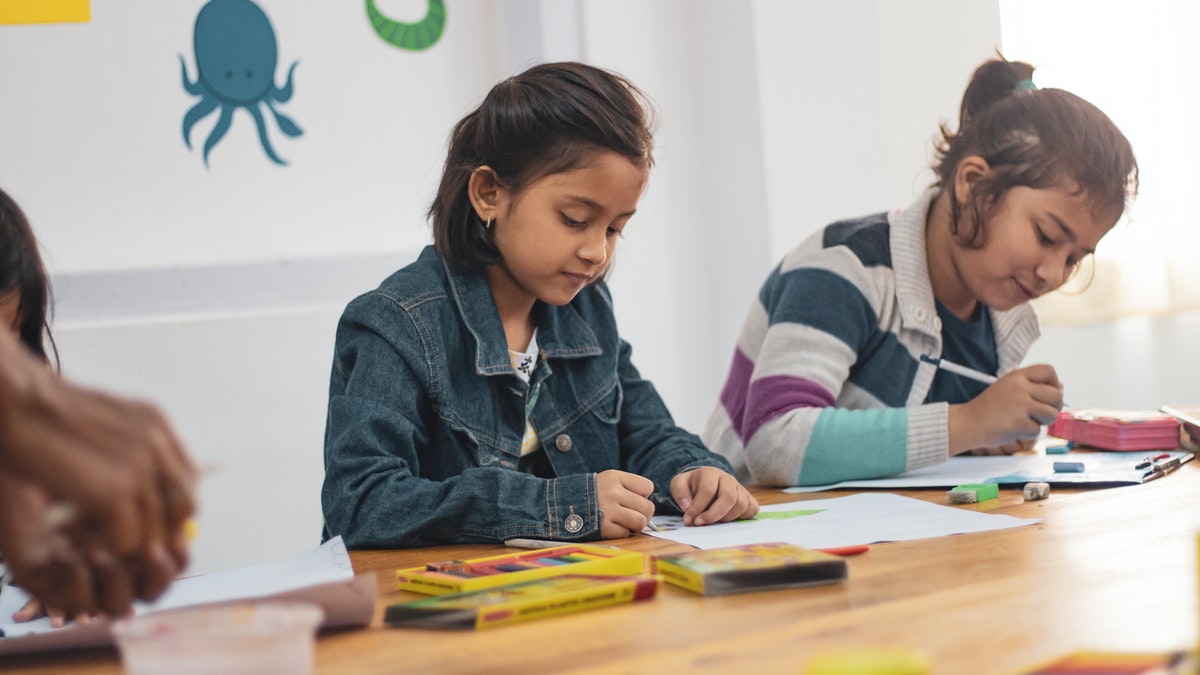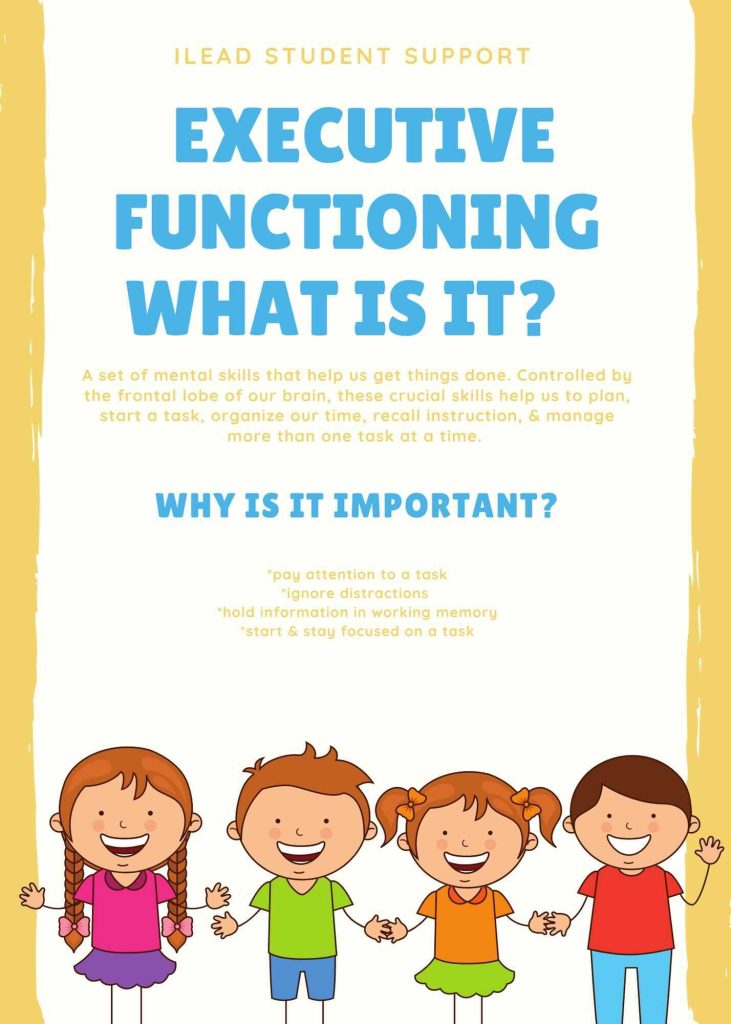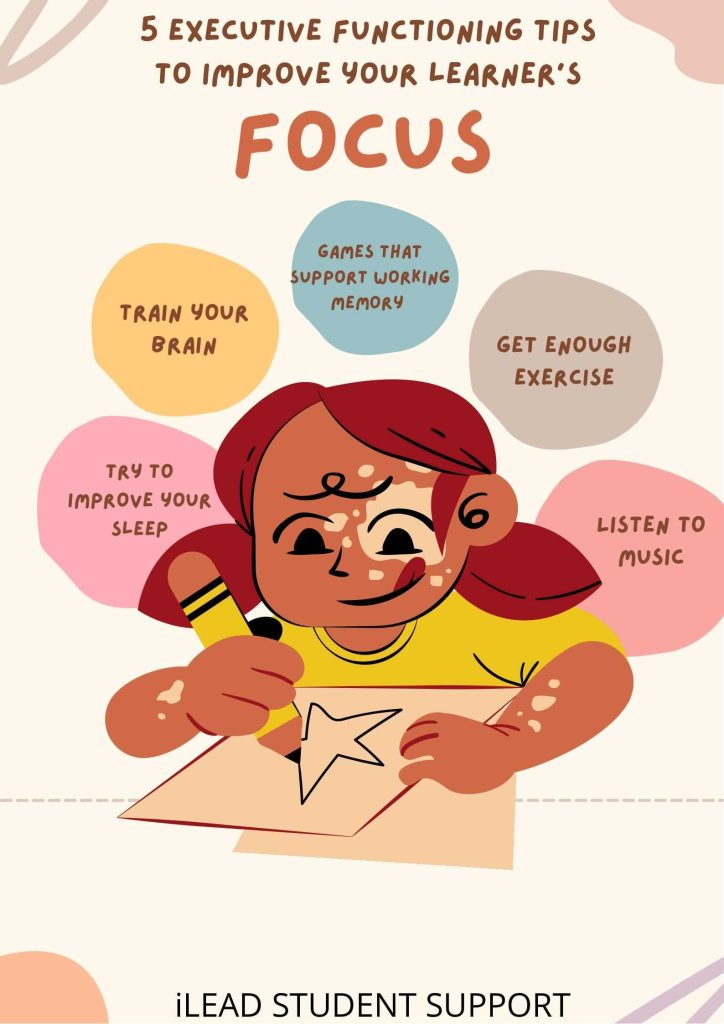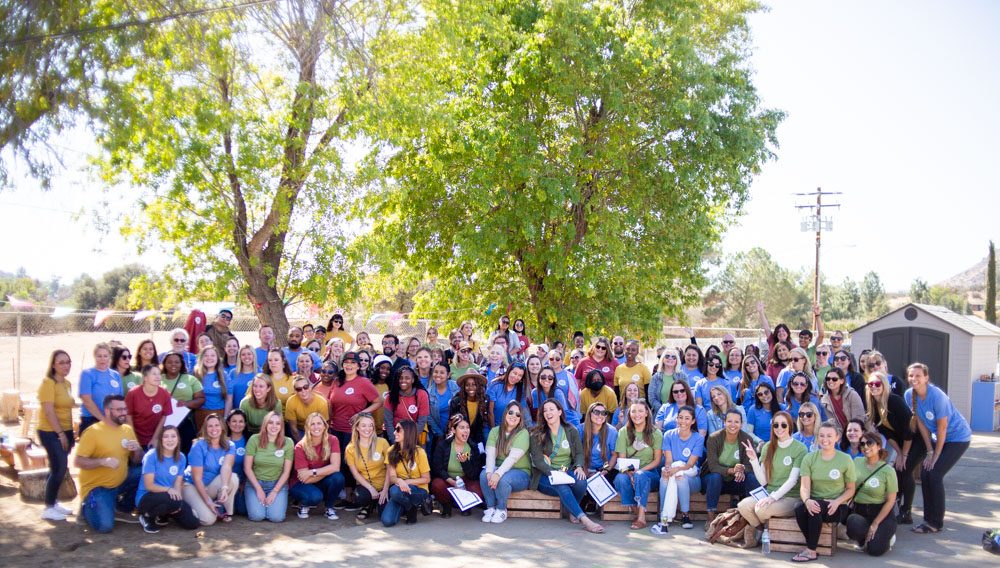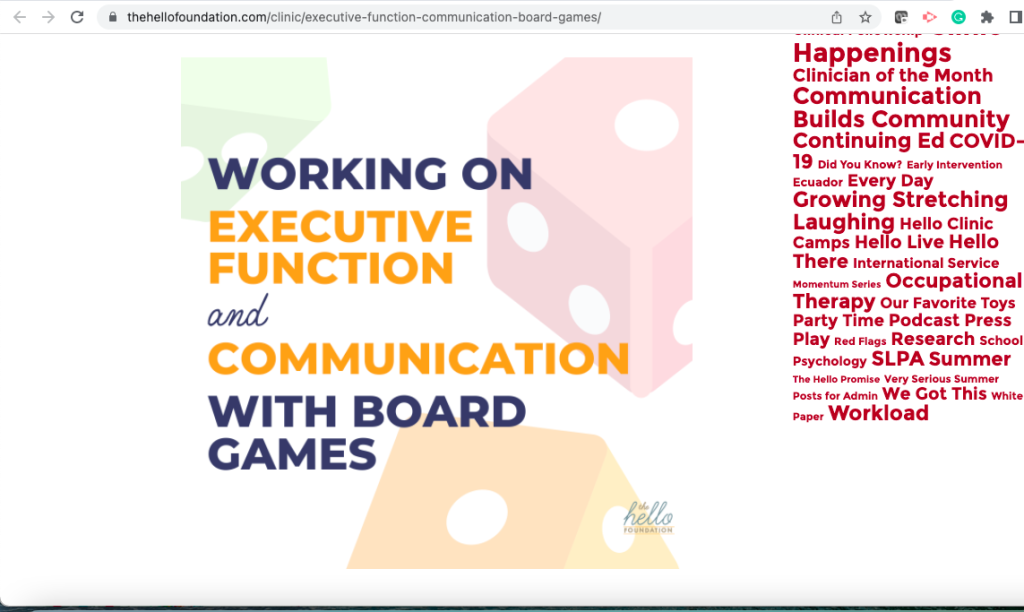While you all as parents have a front-row seat to your learner’s progress, there may be blind spots in knowing how to best prepare them for the state standardized test.
Use these test preparation tips to help your learner be their very best:
- Despite what you or your learners may feel about the tests on a personal level, it’s always important to note the actual purpose of the test itself. Standardized tests almost always serve the purpose of assessing one’s skills.
- Get your learners in the habit of using scratch paper: whether it’s brainstorming or planning for an essay, mapping out their approach to find the correct answer, or breaking down the question into smaller more manageable bits, readily using scratch paper in everyday lessons makes them more comfortable to do so on the test.
- Learn the power of deductive reasoning. The reality is, your learner will not know the answer to every question, but teaching them the power of elimination (or educated guessing) leads to a higher chance of choosing the correct answer.
- When dealing with a high-stress situation, as testing often is, teaching your learner how to properly pace themselves allows them to approach the situation in a calm and prepared manner. Their pace should be personal to them to where it will maximize their efficiency and quality of work.
- A little encouragement can go a long way in helping students walk into testing days feeling confident—which, in turn, can have a huge effect on their performance. Offer positive reinforcement for the work your learner completes to prepare for the testing, as this allows them to already have experienced success with the material and reduce the anxiety on test day.
- Support healthy habits: Sleep and nutrition can have a huge impact on your learner’s ability to focus and retain information. One of the most helpful things that you can do as a parent is focusing on supporting these basic needs. Well-rounded meals and a regular sleep schedule will help your child succeed in all areas of their education.
- Keep testing in perspective. No single test is that important. Avoid putting too much emphasis on the test scores—doing so can make your learner feel pressure that will ultimately only affect his or her performance negatively. It’s also important to not be upset by a single test score. Low test scores can occur for any number of reasons; it may have just been an off day for your child.
- Finally, after testing day has come and gone, talk with your child about his or her results and how he or she felt about the test. Debriefing after the test can help your learner process the experience and overcome any anxiety associated with testing while giving you insight into where they are excelling or struggling academically.

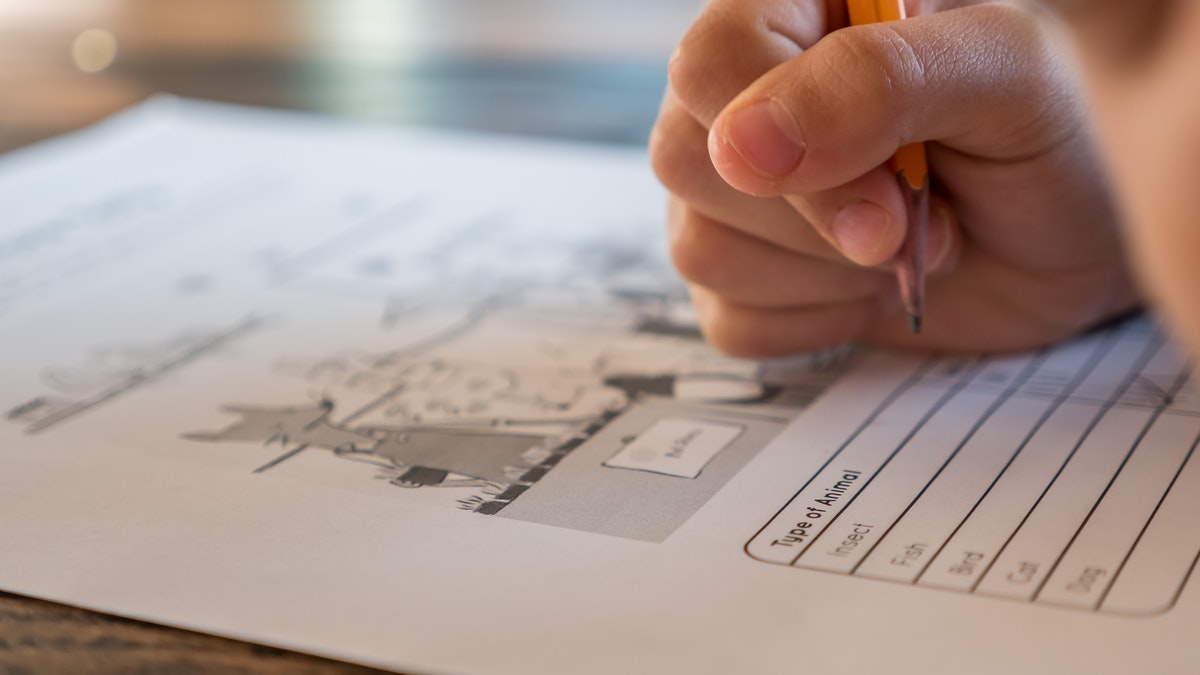

 Linda Krystek has been an educator for over 20 years, serving as an elementary teacher, Director of Home Study, and currently the Director of Innovation in Teaching and Learning for iLEAD Schools on the iCA Maker Team. She holds both a California Multiple-Subject and Administrative Services credential. She is a dedicated, innovative, and results-oriented education professional with proven leadership skills, expertise in curriculum, and a strong commitment to unleashing the potential in each facilitator and learner. A teacher’s teacher, Linda believes firmly that high expectations and building strong relationships among the school’s facilitators, children, parents, and administration is the key to a successful school culture and community that nurtures academic and social-emotional growth for all learners.
Linda Krystek has been an educator for over 20 years, serving as an elementary teacher, Director of Home Study, and currently the Director of Innovation in Teaching and Learning for iLEAD Schools on the iCA Maker Team. She holds both a California Multiple-Subject and Administrative Services credential. She is a dedicated, innovative, and results-oriented education professional with proven leadership skills, expertise in curriculum, and a strong commitment to unleashing the potential in each facilitator and learner. A teacher’s teacher, Linda believes firmly that high expectations and building strong relationships among the school’s facilitators, children, parents, and administration is the key to a successful school culture and community that nurtures academic and social-emotional growth for all learners.


